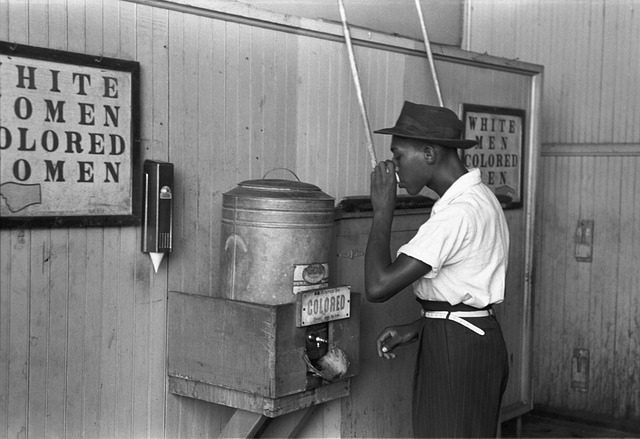
Is Justice More Important Than Mercy
Introduction
The concepts of justice and mercy have long been subjects of philosophical, legal, and ethical discussions. Both are essential virtues that shape human interactions and societal structures. However, the question arises: is justice more important than mercy? This article aims to explore the definitions, implications, and interrelations of these two virtues, ultimately seeking to understand their roles in contemporary society.
Defining Justice and Mercy
Justice is often defined as the principle of moral rightness based on ethics, law, fairness, and equity. It emphasizes accountability and the rule of law, ensuring that individuals receive what they are due, whether it be punishment or reward. Justice serves as a foundation for societal order, promoting a sense of security and predictability.
On the other hand, mercy is characterized by compassion, forgiveness, and a willingness to overlook transgressions. It embodies the idea of understanding and empathy, often leading to leniency in judgment. Mercy allows for personal growth and rehabilitation, recognizing the complexities of human behavior and the potential for change.
The Interplay Between Justice and Mercy
While justice and mercy may appear to be in conflict, they can also complement each other. Justice without mercy can lead to harshness and rigidity, while mercy without justice can result in chaos and a lack of accountability. The challenge lies in finding a balance between the two virtues.
In legal systems, for instance, judges often face the dilemma of imposing strict penalties versus considering mitigating circumstances. The law provides a framework for justice, but judges have the discretion to exercise mercy, allowing for a more nuanced approach to sentencing. This interplay is crucial in fostering a just society that also values compassion.
Philosophical Perspectives
Philosophers have long debated the merits of justice and mercy. Some argue that justice should take precedence, as it upholds the rule of law and societal order. Others contend that mercy is essential for a humane society, as it acknowledges the imperfections of human nature.
For example, the biblical perspective emphasizes the importance of both virtues. In the Gospel of Matthew, it is stated that one should practice justice, mercy, and faithfulness without neglecting any of them. This suggests that both justice and mercy are integral to a moral framework.
Practical Implications in Society
In contemporary society, the balance between justice and mercy is evident in various contexts, including criminal justice, social policy, and interpersonal relationships. For instance, restorative justice programs aim to repair harm by focusing on the needs of victims and offenders, promoting healing rather than mere punishment. Such approaches highlight the importance of mercy in the pursuit of justice.
Moreover, in social policies, the emphasis on rehabilitation over punitive measures reflects a growing recognition of the need for mercy. Programs that offer second chances to individuals with criminal records or those struggling with addiction illustrate a shift towards understanding and compassion, acknowledging that everyone deserves an opportunity for redemption.
Conclusion
Ultimately, the question of whether justice is more important than mercy does not yield a definitive answer. Both virtues play critical roles in shaping ethical frameworks and societal norms. Justice provides the necessary structure for accountability and fairness, while mercy fosters compassion and understanding. A balanced approach that integrates both justice and mercy is essential for cultivating a just and humane society.

















 Kamala Harris: A Trailblazer in Politics
Kamala Harris: A Trailblazer in Politics 
 Health
Health  Fitness
Fitness  Lifestyle
Lifestyle  Tech
Tech  Travel
Travel  Food
Food  Education
Education  Parenting
Parenting  Career & Work
Career & Work  Hobbies
Hobbies  Wellness
Wellness  Beauty
Beauty  Cars
Cars  Art
Art  Science
Science  Culture
Culture  Books
Books  Music
Music  Movies
Movies  Gaming
Gaming  Sports
Sports  Nature
Nature  Home & Garden
Home & Garden  Business & Finance
Business & Finance  Relationships
Relationships  Pets
Pets  Shopping
Shopping  Mindset & Inspiration
Mindset & Inspiration  Environment
Environment  Gadgets
Gadgets  Politics
Politics 